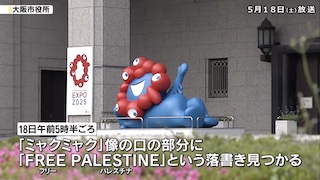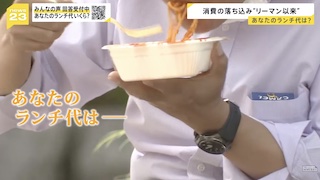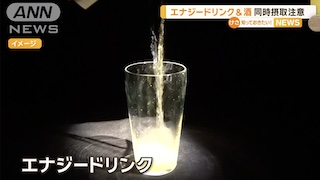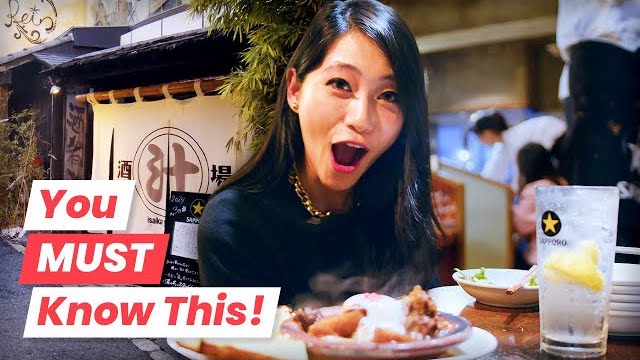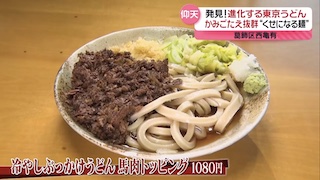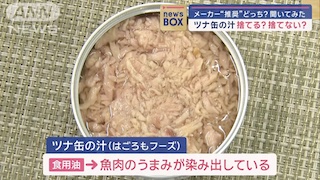Tochigi, Mar 18 (News On Japan) - In the process of making butter from milk, 90% becomes skim milk, which is traded at low prices, posing a challenge for dairy farmers. However, "Butter no itoko [Butter's Cousin]," a confectionery made from this reduced fat byproduct, is enjoying brisk sales.
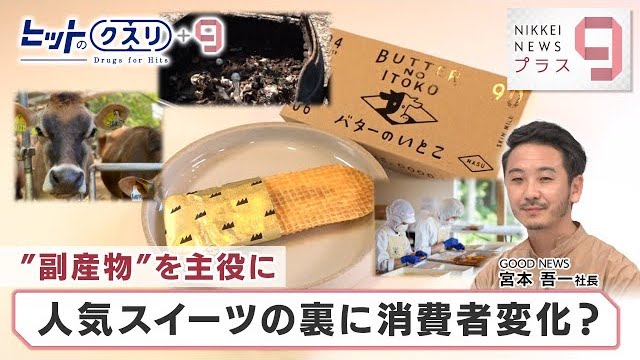
The sweet, which benefits producers, locals, and customers alike, exemplifies the concept of "sanpō yoshi" (good for all three parties). We explore the relationship between sustainable products and their success.
Despite the store not yet being open, over 20 people were lined up. "I heard it's really delicious, so I wanted to try it," said one customer, waiting to purchase a ticket for the sought-after sweet. The confection, called "Butter's Cousin," has a moist yet fluffy texture and features a gofret dough filled with a rich milk-flavored jam. The name comes from the use of skim milk, a byproduct of butter production from milk, in the pastry. While butter constitutes only 4% of the yield from milk, skim milk makes up 90%. Despite the demand for butter, there is less need for skim milk, leading to surplus and pricing issues for individual farmers.
The makers take a childhood favorite – milk jam – and give it a makeover. Instead of relying on traditional dairy, they use fat-free milk and achieve a creamy texture through a special sanding process.
But the magic doesn't stop there. Butter no itoko comes in a variety of textures, from light and fluffy "fuwa" to rich and decadent "toro." Plus, they add a subtle buttery aroma for a touch of familiarity. It's a guilt-free indulgence that plays with textures and keeps you guessing with every bite.
The creation of "Butter's Cousin" originated in Tochigi Prefecture, where a commercial facility with an attached factory promotes sustainability. The factory employs individuals with disabilities and staff raising young children, offering flexible working hours. The store sells products made from materials left over from construction, like chairs, and suggests various uses for them. Even the paper trimmings from the facility are reused. The facility also composts waste, which is then used in a nearby herb garden or by local farmers.
As for the future, efforts are being made to utilize other dairy byproducts, such as whey from cheese production, which is usually thrown away. By making cheese from whey and incorporating it into sweets or using local rice in flavored rice chips, the aim is to boost regional rice consumption. These initiatives reflect a growing trend towards sustainable and responsible consumption, resonating with consumers who are increasingly aware of environmental and social issues.
So, when you indulge in a Butter no itoko creation, you're not just enjoying a delicious and innovative sweet; you're also supporting a company that prioritizes sustainability. That's something you can genuinely feel good about!
But remember, there's a whole candy multiverse out there! If you're an adventurer with a curious sweet tooth, then you must discover authentic Japanese snack boxes. These aren't your average candy bars – they're like curated flavor tours delivered straight to your door. Imagine popping open a box filled with sweet and savory treats you've never seen before! These are candies with textures that'll make your head spin (in a good way) and snacks with ingredients that will surprise you. It's basically a crash course in Japanese culture, one delicious bite at a time.
Source: テレ東BIZ




